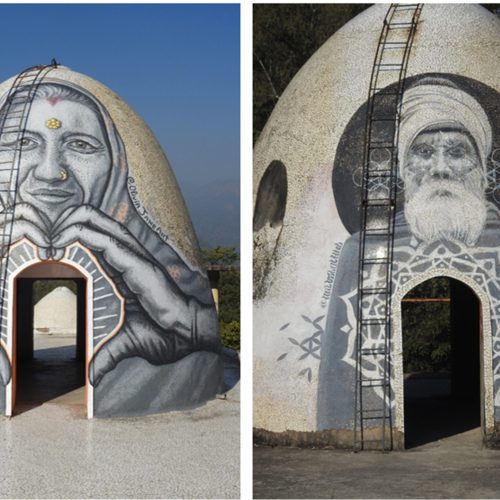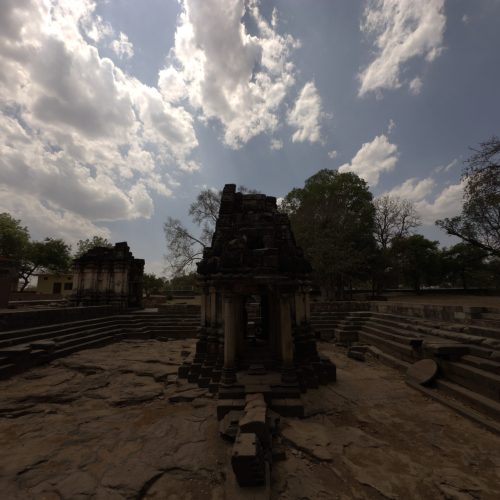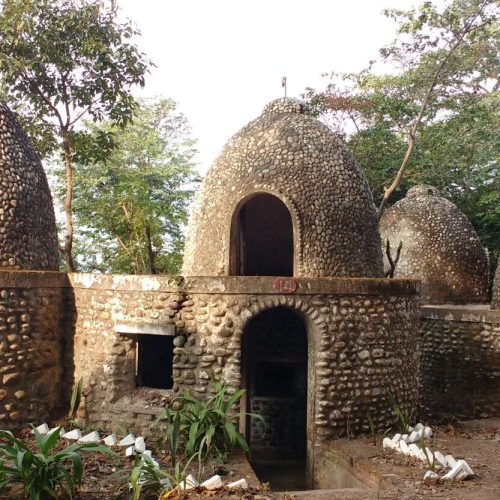Sankala Centre for Cultural and Natural Heritage

Cultural heritage refers to what we acquire from our forefathers or previous generations, including art, architecture, languages, customs, traditions, etc. Natural heritage refers to preserving elements found in Mother Nature, such as flora, fauna, soil, water bodies, etc., that humans obtain from the natural world. Cultural heritage reveals the origins and natural heritage highlights the value of nature in one’s life. Conserving both heritages is equally significant.
With Sustainable Development Goal 11 (SDG 11), countries have pledged to “make cities and human settlements inclusive, safe, resilient and sustainable.” Within this goal, Target 11.4 aims to “strengthen efforts to protect and safeguard the world’s cultural and natural heritage.” Today the Indian government is making continuous efforts through various schemes and initiatives to promote and preserve this rich heritage of our country. Taking this goal ahead, the Sankala Foundation started with the Centre for Culture and Natural Heritage. The centre will aim to preserve, promote, and study India's rich cultural and natural heritage. It will help us understand and recognise our heritage's significant contributions to India’s identity. The centre will work towards safeguarding these treasures for future generations while fostering an appreciation and understanding among citizens. Currently, through its CSR activities, the private sector and government, in partnership with civil society, put an effort to invest at local, national and international levels to work in cultural and natural heritage. However, looking at the 5000-year-old civilisation and India's rich cultural and natural heritage, a lot can be done!
Since time immemorial, culture and nature have been synonymous in India. Worshipping Mother Nature has been our culture. The Convention Concerning the Protection of the World Cultural and Natural Heritage was proclaimed in 1972 by the United Nations Educational, Scientific and Cultural Organization (UNESCO). It reinforced and popularised the Western thought that divided nature and culture, beginning with the idea of Enlightenment. The West believed in the nature vs culture dichotomy and understood that had enormous consequences, often depreciating the value of the one for the other.



Objectives
- To serve as a hub for promoting Indian culture, art, language, and traditions within the country and internationally.
- To facilitate cultural exchanges, dialogues, and collaborations with other countries to foster mutual understanding and respect.
- To research and promote soft power's role in international relations and its implications for India.
- To develop tools and provide training and resources to diplomats, cultural practitioners, and policymakers on the effective use of cultural diplomacy.
- Showering India's cultural diversity and heritage through exhibitions, performances, and interactive programs.
The Centre for Cultural and Natural Heritage will play a pivotal role in preserving and promoting the rich cultural and natural heritage within India and abroad. By engaging in comprehensive conservation efforts, educational programs, research, community partnerships, and publications, the centre will ensure this invaluable heritage is cherished and protected for future generations.

